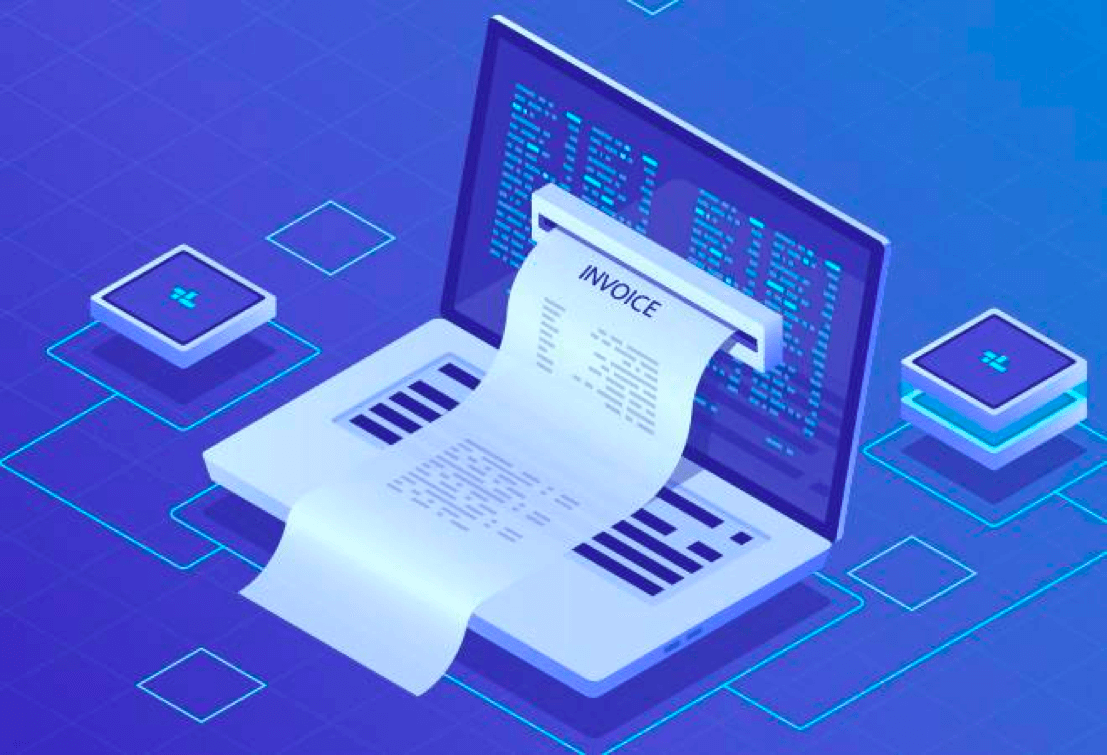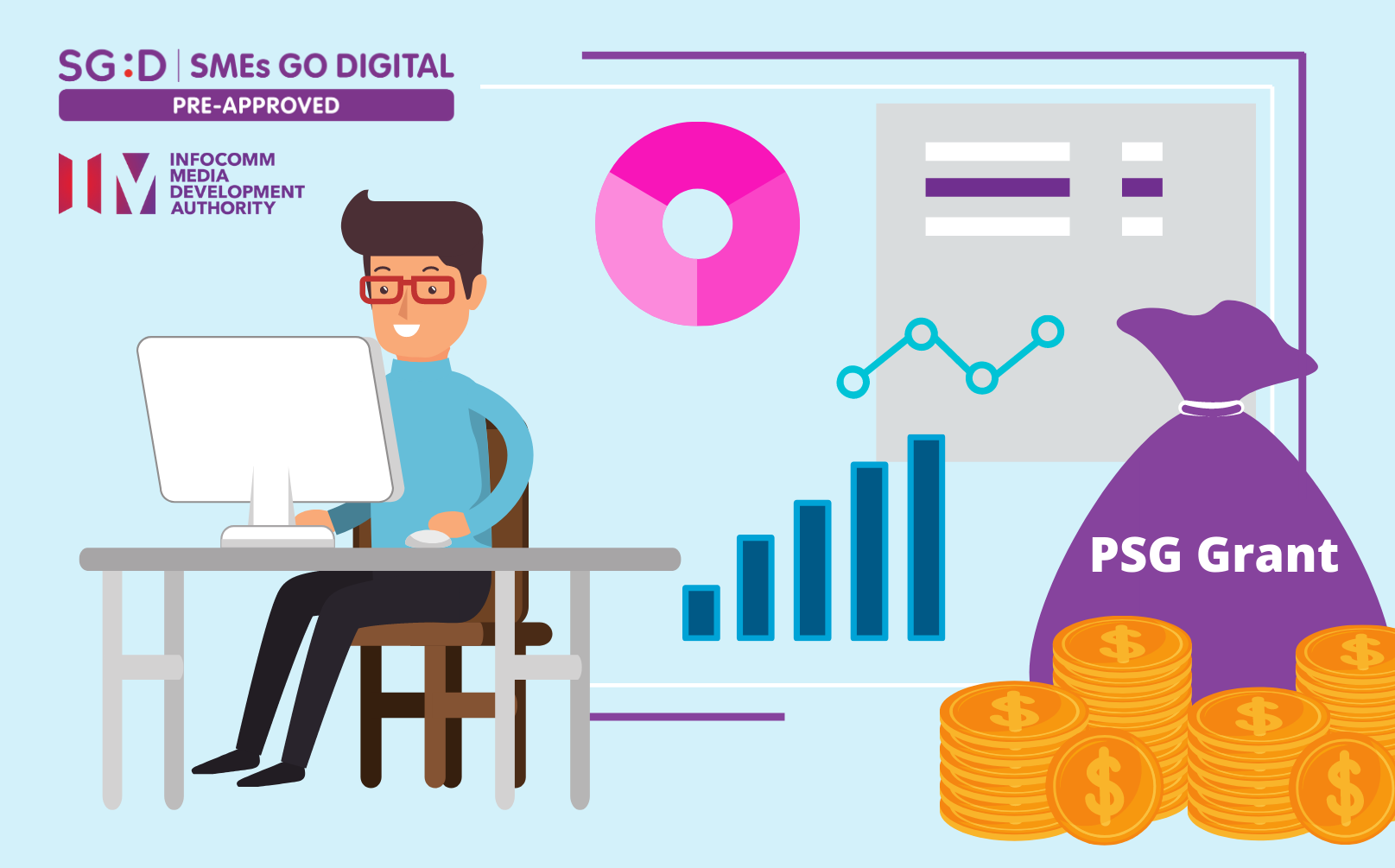So you’ve decided that your business needs to implement an ERP system to facilitate further growth, and are planning to sit down with a vendor for a consultation session. You may have even reflected on the state of your own business prior to booking a session with potential vendors.
However, don’t forget about preparing for the questions that these vendors would be likely to ask you. Assuming you haven’t fallen afoul of the shady types who are more interested in cajoling you into a deal instead of having your best interests at heart, your ERP consultants will want to know quite a lot about the details of your businesses.
Free eBook: The SME Business Owner’s Guide To Replacing Accounting Software. Get Your Free Copy Here.
After all, ERP implementation is complicated enough as it is, and any vendor worth their salt would need the information to carry out a smooth and timely implementation for your business. You can help them help you by considering the questions below, and having the answers prepared and ready for them.
1. What Is Your Business All About?

The first few questions that will probably be asked by your ERP consultant will likely be about the basic details of your enterprise.
These are some of the questions you may expect from the ERP consultant:
- What industry is your business in? What products or services does your business offer?
- How many employees does your business employ? Any projected changes in that number in the near-future?
- What’s the annual revenue of your business? Any projected changes in that number in the near-future?
- Does your business have offices in multiple locations? Any offices in foreign locations?
- What are the most significant business goals you hope to achieve this year?
These questions are intended to give the consultant an insight into how your business works, and by extension how it could work even better when complemented with an ERP system.
With this information, the ERP consultant is better equipped to recommend an ERP solution that would not just benefit your business at present, but also scale along with your business’ future growth.
2. Why Does Your Business Need An ERP System?

Next, the ERP consultant will probably ask you questions about why you think your enterprise needs an ERP system.
You can expect questions of this nature such as the following:
- What are your most compelling reasons for evaluating the viability of a new ERP system for your business? Has there been any recent events, pressures, or pain points that have led you to making this decision?
- What do you believe will happen if you do not acquire a new ERP system for your business? How will it cost you?
- What are the top 3 issues in your business that you hope a new ERP system will fix?
Your ERP consultant would be asking these questions to get a better idea of your motivations for implementing an ERP system into your business, and how you would define a successful implementation.
Knowing this, the ERP consultant would be better able to recommend a solution that is best suited to achieve your goals, and make a better fit for your business processes.
3. What Software Does Your Business Currently Use?

When planning an ERP implementation project, the ERP consultant will want to know more about the software applications that your business is currently operating on.
Here are some of the questions you may expect from the ERP consultant in this regard:
- What are the applications and/or software you are currently using to support your business? Any finance or CRM software in particular?
- Can you obtain the information you need from your current systems easily?
- Are your Accounting applications separate from your Manufacturing, Distribution, Inventory Management or Sales & Services applications?
- Are your systems integrated at any level at this point?
- Are you able to get your current systems maintained and upgraded with ease? Are new features being added to your current core systems annually?
- When were your current applications installed? Which of these are still currently supported? Are any of them on an annual subscription? What sort of hardware are they installed on?
- Which functional areas of your business are not yet automated, and need to be made so with the right applications?
- What business functions are not carried out within your current core systems, and should be part of a new core system?
There may be more of such questions pertaining to your business’s present IT ecosystem, so you will need to have a thorough understanding of your systems prior to the consultation.
The ERP consultant will use this information to account for your pre-existing applications during implementation, so as to ensure the continuity of your business operations during the course of the project.
4. What Preferences Do You Have For Your ERP Solution?

Last but not least, the ERP consultant will want to know whom they will be working with, as well as the parameters for the ERP implementation.
These are some of the questions the ERP consultant might ask.
- Within your business, who is involved in the decision-making process for a purchase like this?
- Have you put together a project team to handle the implementation?
- What is your projected timeline for a new installation?
- What is your projected budget for this project? Do you have a ballpark figure?
- Would you prefer your solution to be hosted on-premise, or in the cloud?
The answers to these questions will help the ERP consultant get a better idea of the resources necessary for the scope of the implementation, as well as any post-implementation support that might be necessary.
How Should You Prepare for a Consultation?

You may want to consider the questions that were outlined above, think about some other related questions that the ERP consultant may ask, and prepare some answers to these questions.
If there are questions you’re not sure how to answer, consider roping in some of your own staff with the relevant subject matter expertise to attend the consultation with you.




